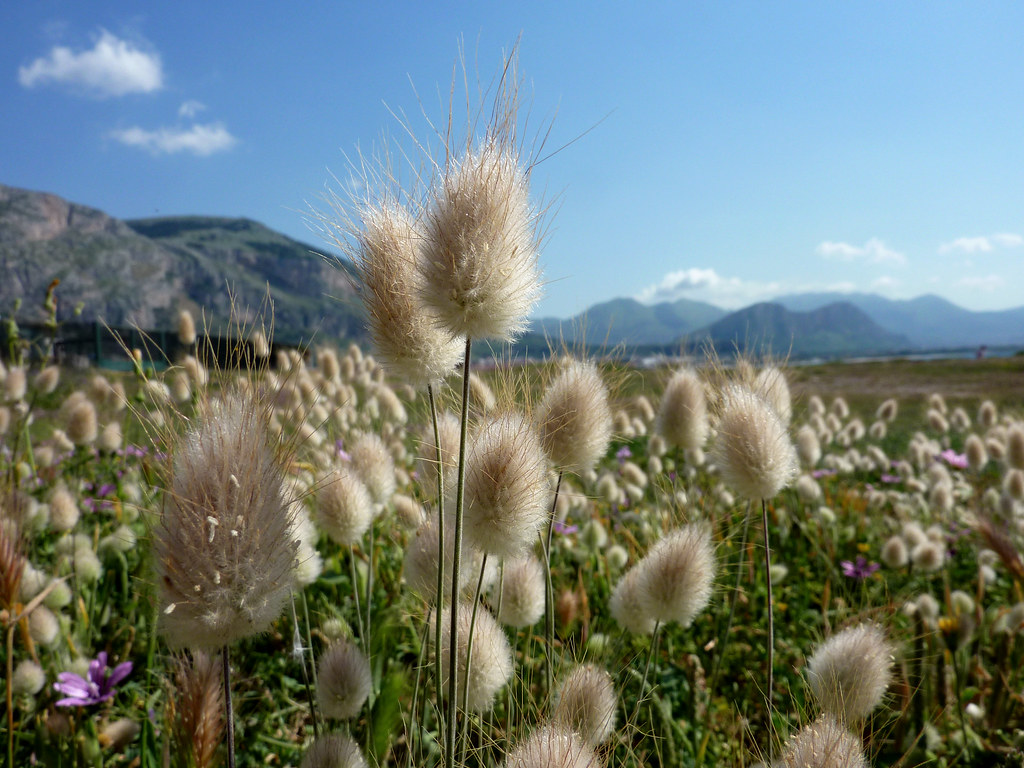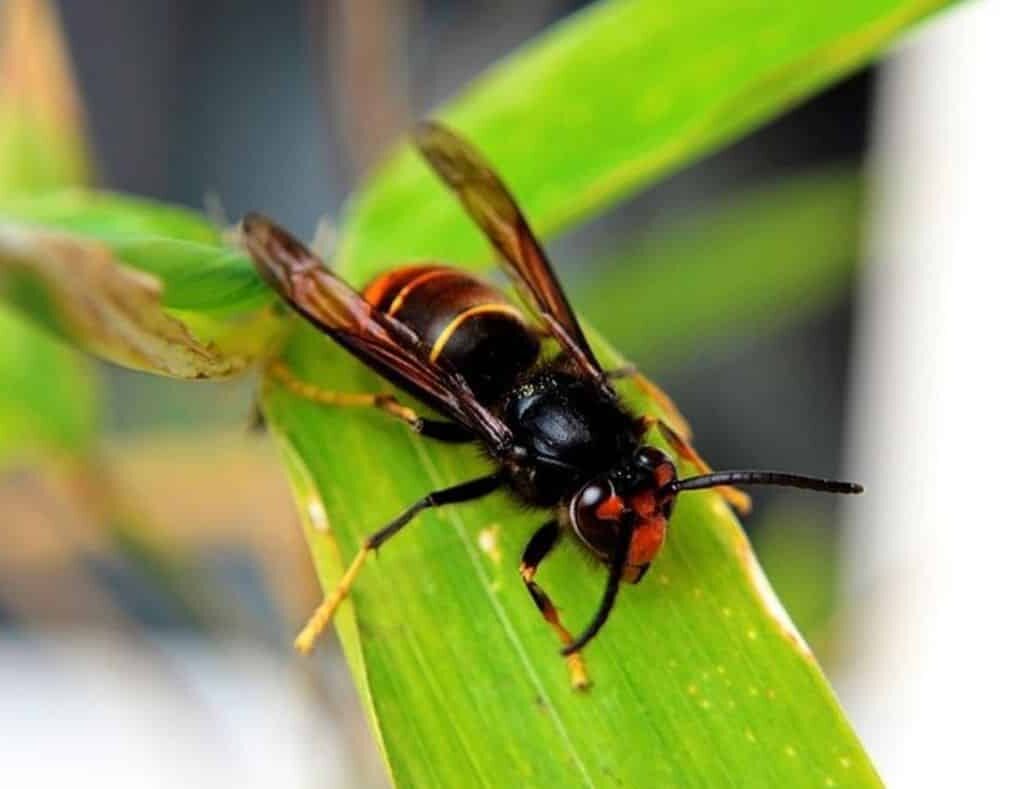

Interreg Italy Malta "FAST" project
FAST project is funded under Interreg V-A Italia-Malta 2014-2020 call 2/2019 - Priority Axis III - Protecting environment and fostering efficient use of resources. Specific objective 3.1- Contribute in stopping the terrestrial and marine biodiversity loss within the area by maintaining and restoring the ecosystems within the protected areas.
FAST project, in full coherence with European strategy for the protection of the biodiversity 2020 and 2030, will counteract the introduction, naturalization and spread of alien invasive species (AIS) that damage the natural and seminatural environments in Sicily and in the Maltese archipelago by means of: 1. their recognition and classification within priority’s scale; 2. their control and/or eradication in some sites of Natura 2000 network; 3. the identification and management of pathways and the means of introduction and diffusion; 4. the data processing of guidelines and adoption of best practices, based also on 5. education and environmental communication.
Il progetto FAST è finanziato dal programma Interreg Italia-Malta 2014-2020 call 2/2019 – Asse prioritario III – Tutelare l’ambiente e promuovere l’uso efficiente delle risorse. Obiettivo Specifico 3.1. Contribuire ad arrestare la perdita di biodiversità mantenendo e ripristinando gli ecosistemi e le aree protette.
Il progetto FAST, in piena coerenza con la strategia europea per la tutela della biodiversità 2020 e 2030, si propone di contrastare l’introduzione, la naturalizzazione e la diffusione delle specie aliene invasive (IAS) che arrecano danno agli ambienti naturali e seminaturali della Sicilia e dell’arcipelago maltese tramite: 1) il loro riconoscimento e la loro classificazione in scale di priorità; 2) il loro contenimento e/o eradicazione all’interno di alcuni sti delle Rete Natura 2000; 3) l’individuazione e la gestione dei pathways e dei veicoli di introduzione e diffusione; 4) l’elaborazione di linee guida e adozione di buone pratiche, basandosi anche su 5) l’educazione e la comunicazione ambientale.
The project is in line with the strategy of the European Union, addressing the loss of biodiversity and the degradation of the eco-system services, as well as their restoration, within the possible limits, on the Union’s territory.
Currently, biological invasions are regarded as the second most important factor that threaten biodiversity, one of the objectives of this project is precisely to fight against such accidental introductions, the naturalisation of alien invasive species (AIS) and harmful plant pathogens to indigenous plants.
The impact of AIS on biodiversity is difficult to quantify but it is a priority to address its management based on their economic and environmental impacts. Recently the interaction between international organizations dedicated to nature conservation has led to the development of the GISP (Global Invasive Species Program) which actively promotes international cooperation for the management of AIS. It is more evident than ever before that the issue of AIS, is to be dealt with on a large scale and using common methodologies over the transboundary zones. This is of particular relevance to facilitate exchange of information within connected territories and require prompt and urgent actions.
The actions for the control/eradication and restoration will take place within some protected areas (Nature 2000 sites and/or the natural Reserves of Sicily): 1. Simeto oasis and 2. Fiumefreddo (Managing Institution: Metropolitan City of Catania); 3. Forest Macchia of Irminio River and 4. Vittoria’s Pine Forest (Managing Institution: Free Ragusa Consortium); 5) L-Inħawi tal-Buskett u tal-Girgenti; 6) L-Inħawi tax-Xlendi u tà Wied Kantra e 7) Il-Magħluq ta’ Marsaskala (Responsabile: Environment & Resources Authority – ERA).
The partnership’s structure (Università di Catania, Ministry for Agriculture, Fisheries, Food and Animal Rights, University of Malta, Città Metropolitana di Catania, Libero Consorzio Comunale di Ragusa and the involvment of the Environment & Resources Authority (ERA) of Malta), allows to oversee the quality and efficacy of the solutions identified in the methodologies and interventions of participation and the diffusion of information to the stakeholders and the residing population.
An important innovative aspect of the project has to do with the development of the shared innovations, which will be disseminated to the Mediterranean basin and supported by concrete actions via Citizen Science.
An important innovative aspect of project concerns the development of innovative and shared methodologies that can be exported to the Mediterranean basin, supported by citizen science actions.
They will be able to take advantage of the outputs of the project: the Maltese and Italian Environmental authorities, the Custom’s border officers, the institutions that monitor protected areas, research institutions and all other sectors that might be negatively affected by the introduction of alien species (eg. agriculture), University students, MCAST students, teachers and lecturers, Environmental associations and the general public.
Il progetto si inserisce nel quadro della strategia della Unione Europea rivolta al contrasto della perdita della biodiversità e del degrado degli ecosistemi, nonché al loro possibile ripristino all’interno del territorio dell’Unione.
Le invasioni biologiche sono il secondo più importante fattore di minaccia per la biodiversità e uno degli obiettivi di questa strategia è quello di contrastare l’introduzione e la naturalizzazione delle specie aliene invasive (IAS) e dei patogeni vegetali dannosi per le specie vegetali autoctone. L’impatto delle IAS sulla biodiversità è di difficile quantificazione, ma è prioritario affrontarne la gestione anche in base ai loro impatti economici e ambientali. Recentemente l’interazione tra organismi internazionali dedicati alla conservazione della natura ha portato allo sviluppo del GISP (Global Invasive Species Programme) che promuove attivamente la cooperazione internazionale per la gestione delle IAS. La problematica delle IAS deve essere affrontata su larga scala e con metodologie comuni e le zone transfrontaliere assumono particolare rilevanza per la maggiore facilità d’interscambio (aree ponte) e richiedono azioni urgenti.
Le azioni attive di contenimento/eradicazione e di rinaturazione saranno svolte all’interno di alcune aree protette (siti Natura 2000 e/o Riserve naturali siciliane): 1) Riserva Naturale Orientata “Oasi del Simeto” e 2) Riserva Naturale Orientata “Fiume Fiumefreddo” (Ente Gestore: Città Metropolitana di Catania); 3) Riserva Naturale Speciale Biologica “Macchia Foresta del Fiume Irminio” e 4) Riserva Naturale Orientata “Pineta di Vittoria” (Ente Gestore: Libero Consorzio Comunale di Ragusa); 5) L-Inħawi tal-Buskett u tal-Girgenti; 6) L-Inħawi tax-Xlendi u tà Wied Kantra e 7) Il-Magħluq ta’ Marsaskala (Responsabile: Environment & Resources Authority – ERA).
La struttura del partenariato (Università di Catania, Ministry for Agriculture, Fisheries, Food and Animal Rights, University of Malta, Città Metropolitana di Catania, Libero Consorzio Comunale di Ragusa, con la partecipazione dell’Environment & Resources Authority (ERA) di Malta), consente di presidiare la qualità e l’efficacia delle soluzioni individuate sia sul piano delle metodologie che degli interventi di coinvolgimento e diffusione delle informazioni agli stakeholder e alla popolazione residente.
Un importante aspetto innovativo del progetto riguarda lo sviluppo di metodologie innovative e condivise, esportabili nel bacino del Mediterraneo, affiancate da azioni di Citizen Science.
Potranno usufruire degli outputs del progetto: Autorità ambientali maltesi e italiane, addetti ai controlli doganali delle frontiere, enti gestori delle aree protette, enti di ricerca e tutte le categorie produttive che possono risentire negativamente dell’introduzione di specie aliene (es. agricoltori), studenti e docenti della scuola secondaria di secondo grado e dell’Università, associazioni ambientaliste, più in generale alla cittadinanza.

